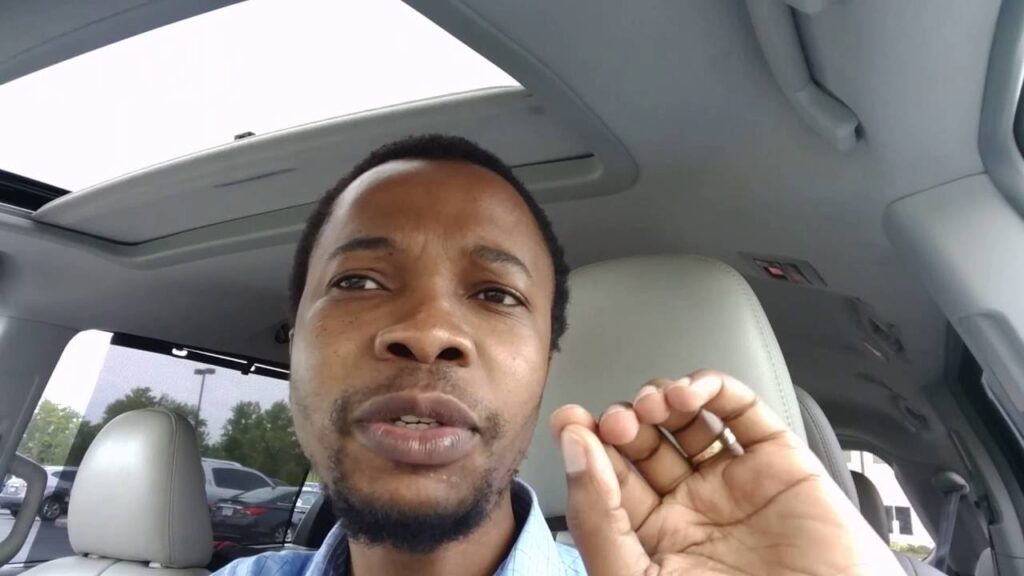Chari sounds alarm on Chamisa’s leadership

WHISTLEBLOWER: Freeman Chari
A recent tweet by American-based Zimbabwean political activist Freeman Chari has revealed grave inadequacies in the leadership of Nelson Chamisa in the country’s opposition movement. Chari’s comments provide a critical assessment of Chamisa’s tenure at the helm of the Citizens’ Coalition for Change (CCC), raising significant concerns about the movement’s internal dynamics and its approach to challenging the ruling ZANU PF party.
Chari’s critique begins by examining the landscape of the opposition before the elections. He identifies three key groups of supporters:
- Chamisa loyalists who back both him and the CCC.
- CCC supporters who have reservations about Chamisa’s leadership.
- Those who support Chamisa, despite their concerns about CCC’s effectiveness, as CCC represents the remnants of the MDC.
The common thread among these groups is their shared objective of removing ZANU PF from power. However, Chari contends that the formation of CCC was hasty and lacked a clear consensus on its structure, operations, and leadership. This lack of clarity, in his view, has led to a series of significant problems within the movement.
Chari’s critique centres on the transition of leadership from the MDC-A to CCC. He argues that this shift gave rise to a formless entity characterised by a lack of clear responsibilities and accountability. As a result, decision-making became centralised and inefficient, leading to a decline in the movement’s overall functionality.
Moreover, Chari highlights the concentration of decision-making power in the hands of Nelson Chamisa, which he views as detrimental to the movement. He notes that many leaders within CCC prioritise their own parliamentary ambitions over challenging Chamisa publicly, fostering a culture of sycophancy and questionable decision-making.
This lack of clarity and the infamous “strategic ambiguity” within CCC has further alienated supporters, prompting some to disengage entirely. Chari also raises concerns about the candidate selection process, which deviated from traditional member voting and resulted in flawed elections that endorsed candidates based on questionable criteria.
Chari’s critique is also directed at the double standards of the CCC MPs who try to reject the Presidential election outcome while accepting the parliamentary and local government outcomes. He argues that such double standards tarnish the movement’s integrity.
The present state of CCC, according to Chari, is marked by confusion and uncertainty. With traditional leaders now holding positions as mayors, MPs, or councillors, the movement lacks continuity and institutional memory. This vulnerability has provided an opening for critics of Chamisa to challenge his leadership, as he lacks a robust support network to articulate and defend his vision.
Chari acknowledges that those opposing Chamisa do not present a substantially different alternative, but he questions whether Chamisa has the capacity to lead the effort to rebuild CCC and restore faith in the opposition. He emphasises the need for a departure from the established methods and the inclusion of new voices in leadership.
In conclusion, Chari’s critique underscores the growing demand among opposition supporters for clear direction and assurances that their investment in the CCC is worthwhile. Chamisa faces the challenging task of addressing these concerns if CCC is to even dream of challenging the colossal ZANU PF party in the future.
Unfortunately for the opposition supporters, Chamisa lost the solid intellectual spine and the emotional intelligence needed to unite and grow the party when he alienated the likes of Tendai Biti, Charlton Hwende and Welshman Ncube in favour of novices like Pashor Sibanda, Takudzwa Ngadziore and Gift Siziva.




